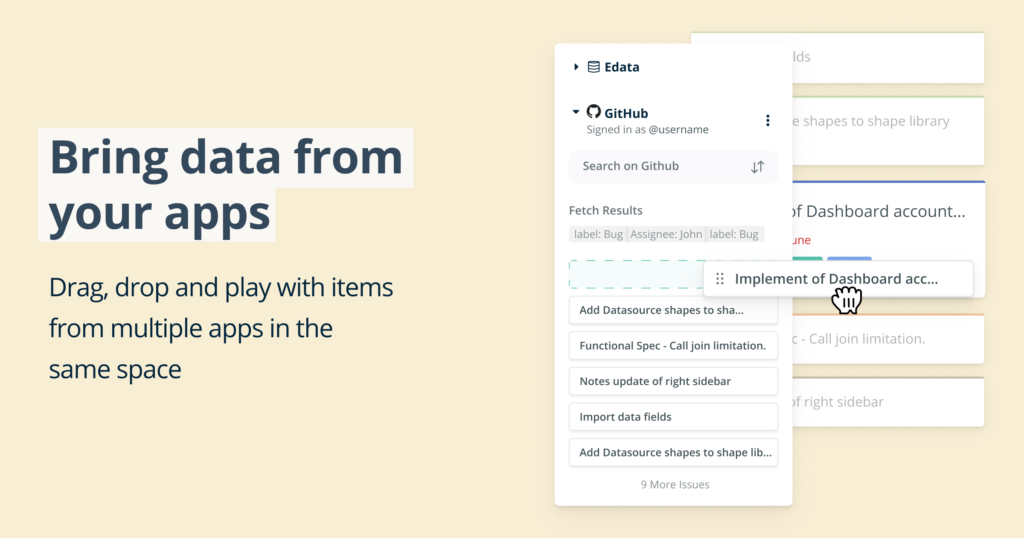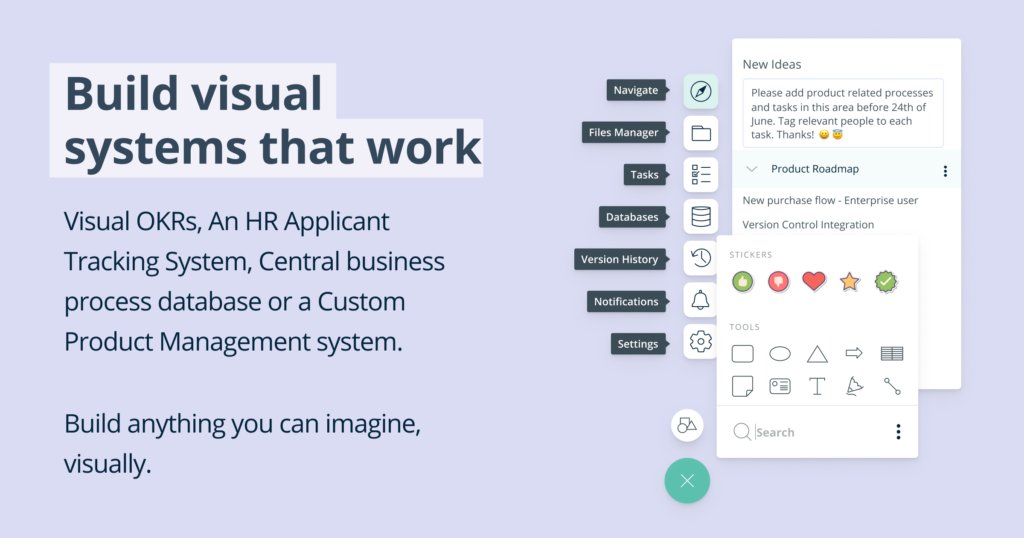Why Business Analysis is a team sport.
Which position do you play best?
Just like any profession there are people doing the same corporate roles but with very different personalities. Each individual has different strengths and weaknesses. If we look at Accountants for example, although you may find different personalities doing Accountancy, the profession itself however is asking for a particular skillset. If you are good with numbers, you are generally well suited the being an Accountant if that is what you want to do. This is a large generalization of the Accountancy profession but if you would just bare with us for the purposes of this article.
With Business Analysis there is however a slight difference. The profession of Business Analysis is very varied when it comes to skills required to perform the role of Business Analysis. You need be able to have a good eye for detail whilst also understanding the bigger picture, you must be a great relationship builder and communicator whilst also being able to sit and work on a particular business requirements document for hours on end. You must be an eternal problem solver and also flexible to implement what is agreed by the wider team. It is a unique profession in that it truly requires abilities from many different and in many cases opposite skill sets.
 Individuals are seldom the ‘model’ Business Analyst
Individuals are seldom the ‘model’ Business Analyst
If one individual were to be equally good at all the different skills that the optimally skilled Business Analyst should possess then you would end up with an exceptionally well-rounded individual. In my experience, those exceptionally well-rounded individuals are scarce and definitely more the exception than the rule. This is simply because people are often inclined to be either extroverts who loves talking to others and making deals and on the other side of the scale others are introverts who prefers to work it out themselves. Most people fall somewhere in between these two extremes yet the profession of Business Analysis expects you to be able to do both these extremes well in order to be a model Business Analyst as defined by the industry.
So where does that leave the majority of Business Analysts then? If each person has his or her strengths in one area and not so much the other, which person is the better Business Analyst? For example, if I am a Business Analyst who loves talking to people, building relationships and discussing concepts does this mean that I am better, the same or worse than the Business Analyst who prefers to work on the detailed business requirements documents and analyze the data behind the scenes to come up with answers?
Business Analysts must pull together to truly succeed
The answer to this lies in teamwork. If we accept that Business Analysis as a profession is an exceptionally varied type of profession and we accept that each individual has their own strengths, weaknesses, likes and dislikes then we should accept that the only way we can achieve a holistic and very well rounded Business Analysis outcome is to combine the right Business Analysts to join each other in teams.
This is why it is very important for Business Analysis Managers to have an awareness of their individual team member’s strengths, weaknesses, likes and dislikes before assigning them to a particular team. These different personality dynamics come to the fore even more in larger programs of work where a wide variety of business analysis skills will be required throughout the duration of the program or project. When you have a well-balanced team of Business Analysts assigned then the Business Analysis outcomes for these larger programs are of great value and quality due to the natural balance of skills and natural ability within the team.
Play all positions, but be great at some
It is however important to make a distinction between Business Analysis experience and natural ability or aptitude for particular aspects of Business Analysis.
 Let’s consider a football team for the moment. Every player in the team will know the game’s rules, they will have first hand experience of playing at least a handful of the different positions on the field and will be very aware of their own strengths, weaknesses, likes and dislikes. They will know that they must play their best game in order for the their team to perform very well and the better they understand the game and their team members positions on the field, the better they can perform in their own individual roles.
Let’s consider a football team for the moment. Every player in the team will know the game’s rules, they will have first hand experience of playing at least a handful of the different positions on the field and will be very aware of their own strengths, weaknesses, likes and dislikes. They will know that they must play their best game in order for the their team to perform very well and the better they understand the game and their team members positions on the field, the better they can perform in their own individual roles.
In the context of Business Analysis for example, to have the Business Analysis experience running a large requirement gathering workshop is quite different from having a natural preference and aptitude for running and leading large groups through something like a requirement gathering workshop. This difference is important to identify in your team to ensure that every Business Analyst does get the exposure and experience in all the different Business Analysis skill sets. Once the Business Analyst has mastered all aspects of Business Analysis they should choose which speciality and natural abilities to develop further. In this way the Business Analyst can be an experience team player with added value by using their natural strengths for the good of themselves as well as their team or project.
Another example could be (something that happens very often) is that people who love building relationships and having conceptual conversations doesn’t necessarily enjoy sitting down and documenting detailed requirements. However, to be a good professional Business Analyst the individual must work on developing all these required skills to be as well rounded in their role as a Business Analyst as they could be. There is a balance to be had in that although each skill should be practiced and learned by each personality type it is also important to capitalize and emphasize every person’s strongest attributes in their every day roles on Business Analysis Project teams. This way you will end up with a happy team that performs very well to generate Business Analysis outcomes.
In conclusion
The diversity of skillsets required to perform the role of a Business Analyst is what attracts many people to become Business Analysts. There is enough variety to ensure that a wide spectrum of personality types can make a valuable contribution within the role of being a Business Analyst. The better the team is at recognizing the differences in skill sets, personality types and areas for professional development among their individuals in the Business Analysis team, the better the team will perform within an organization. Business Analysis as a profession was not designed for just one person to conquer; it was designed for a very talented team of people to become great at.
Please share your opinions and views on this article with us below.





